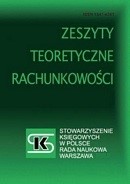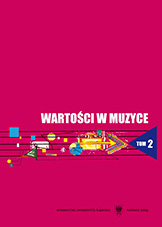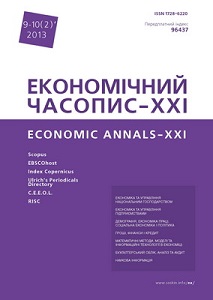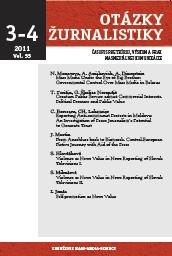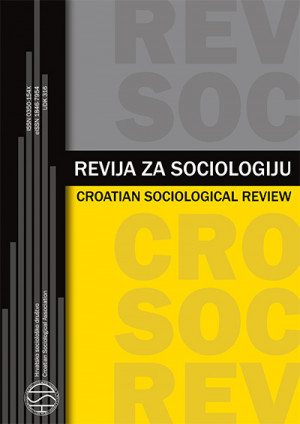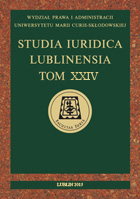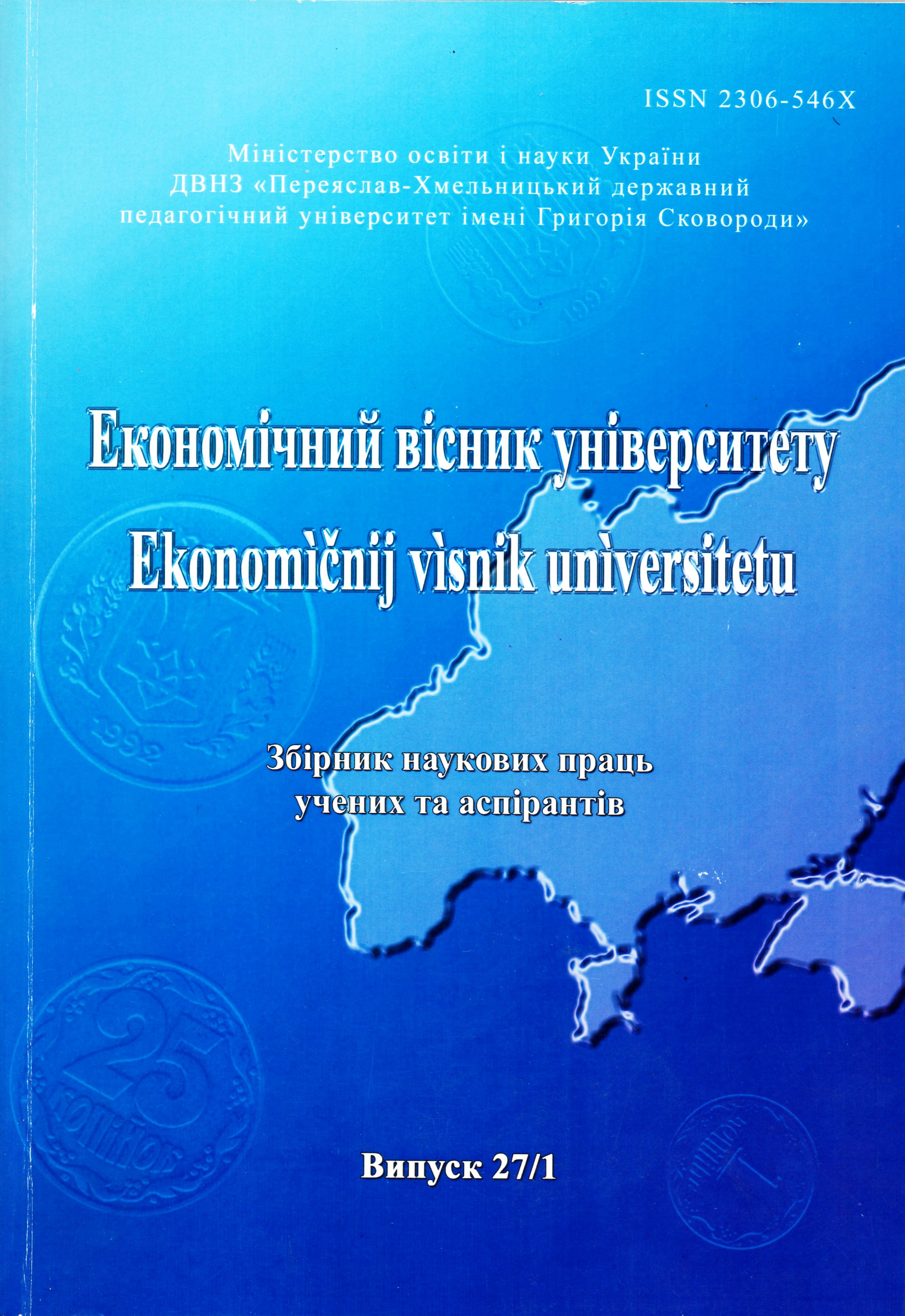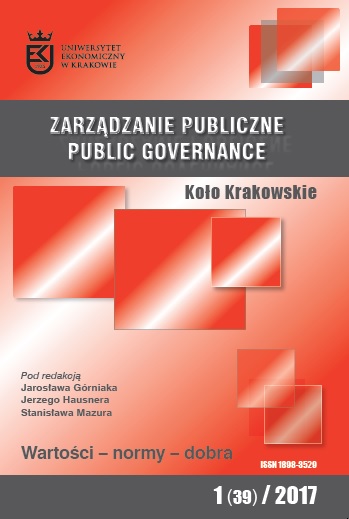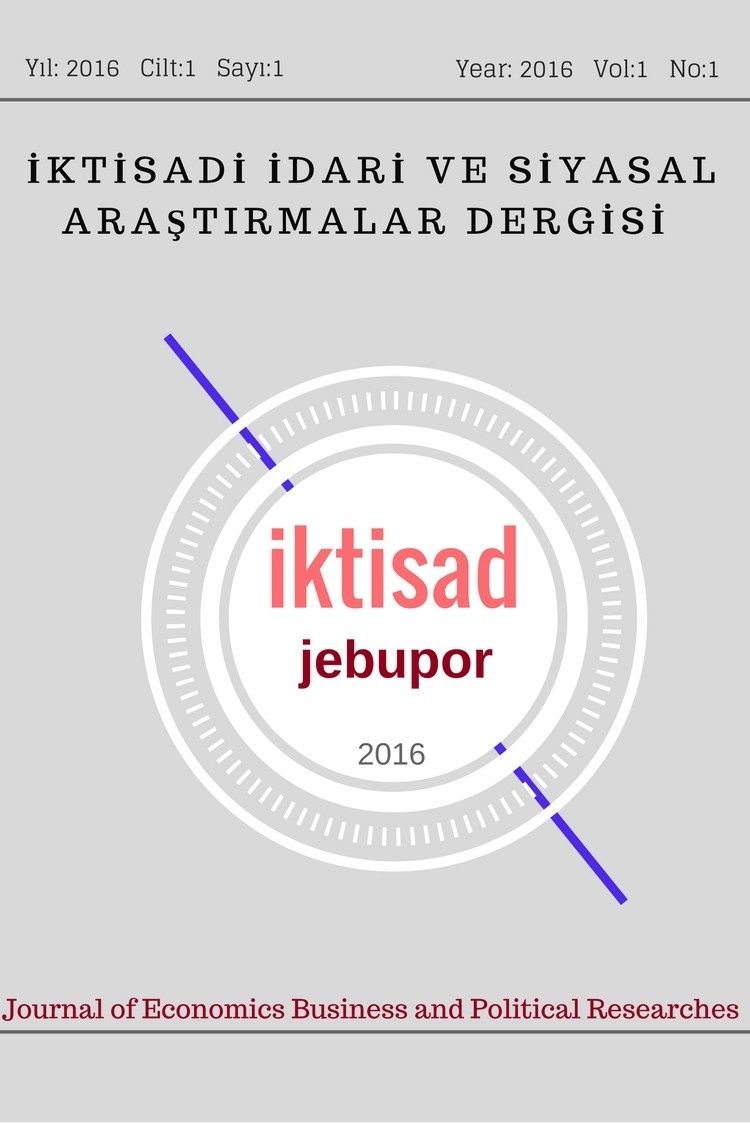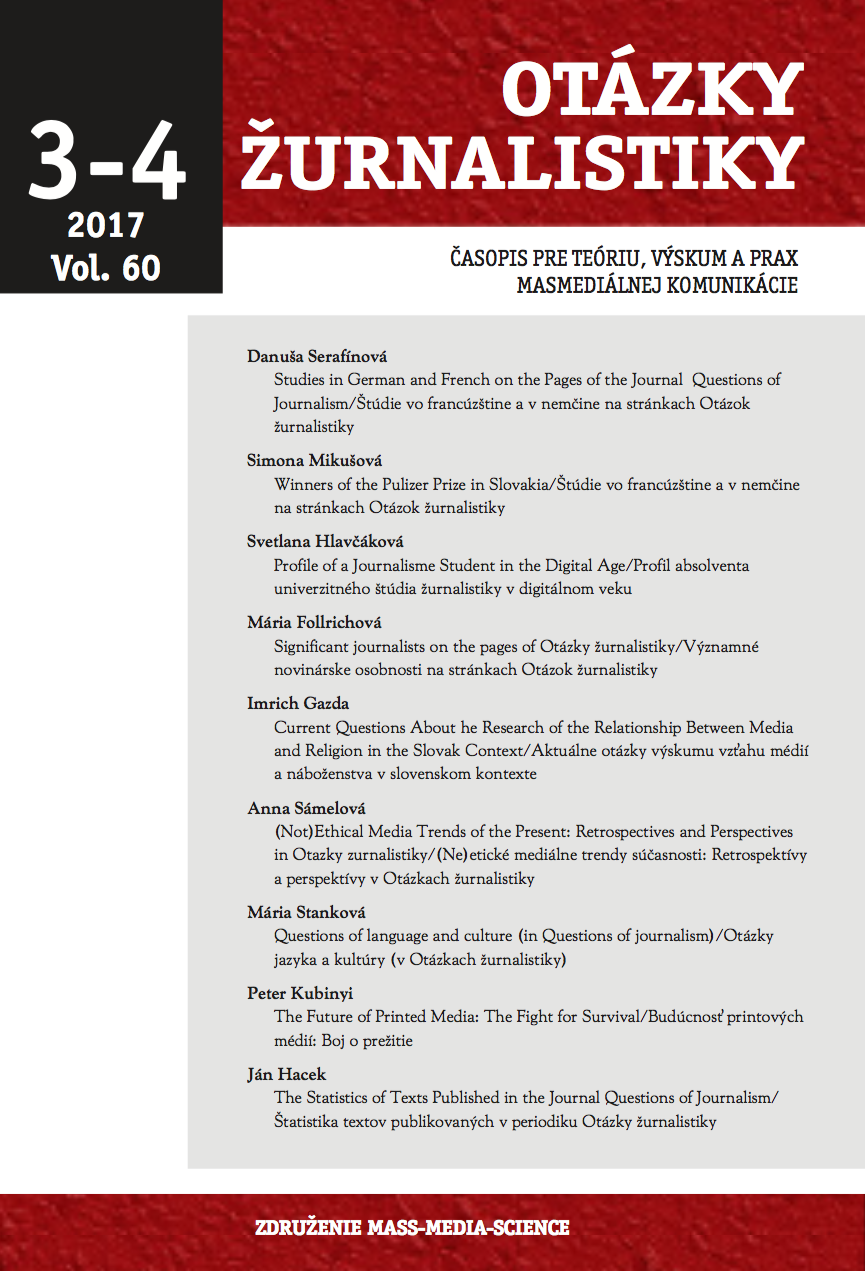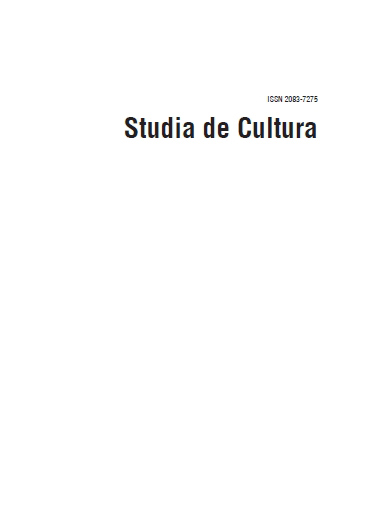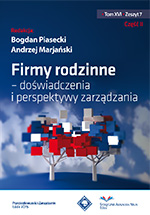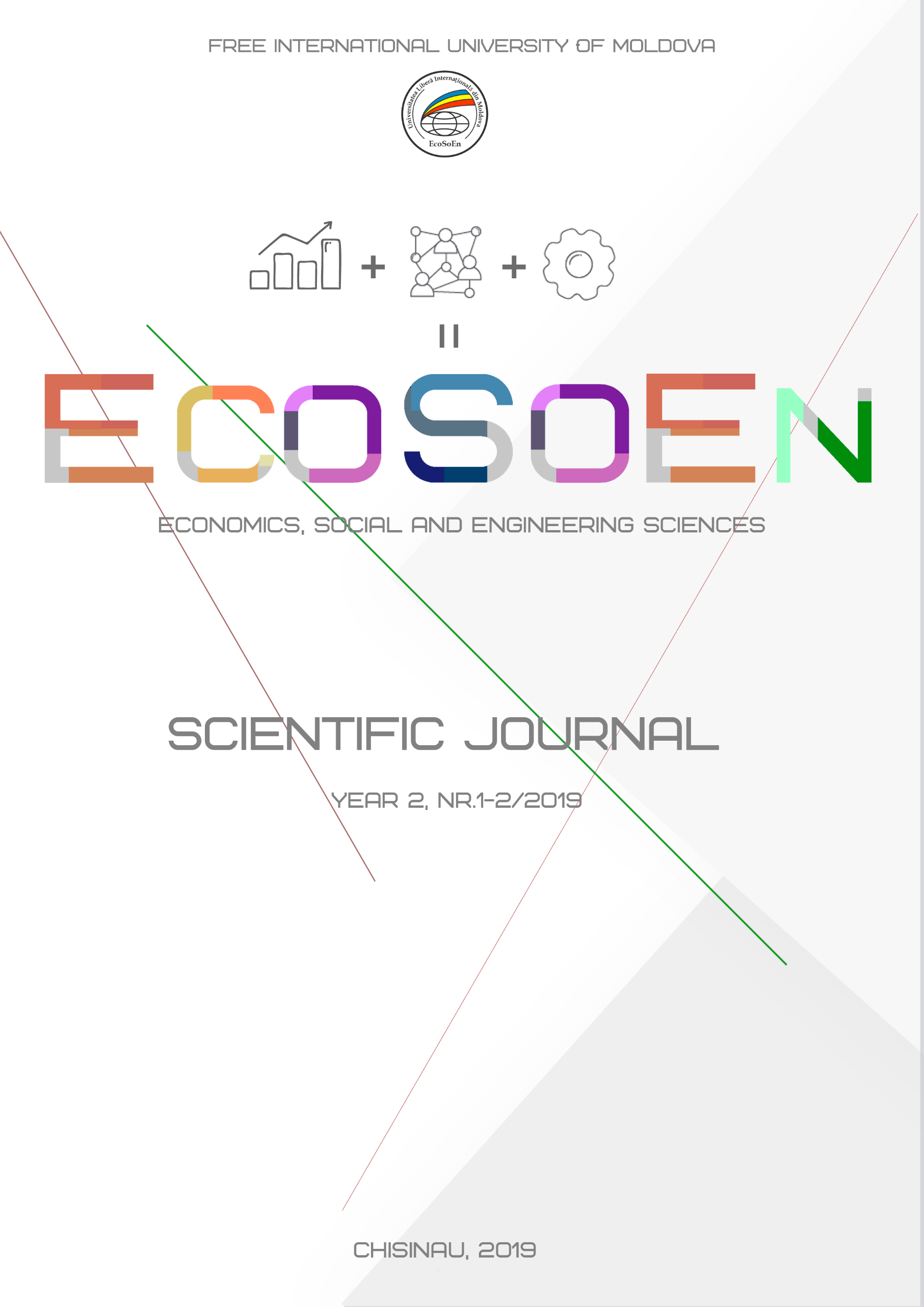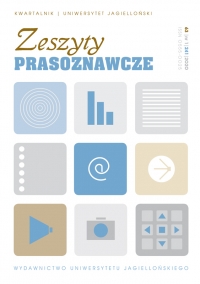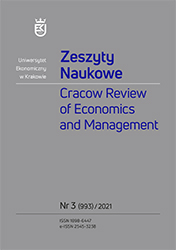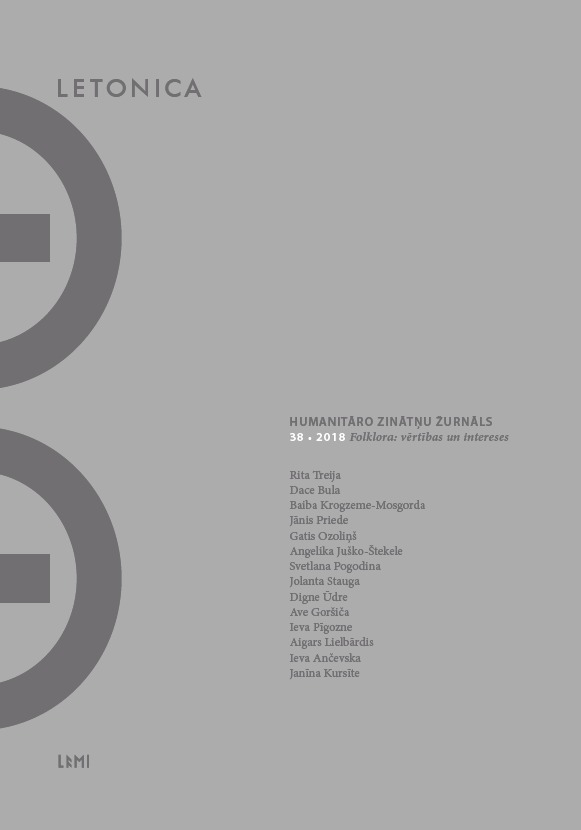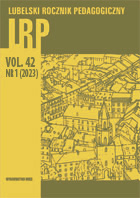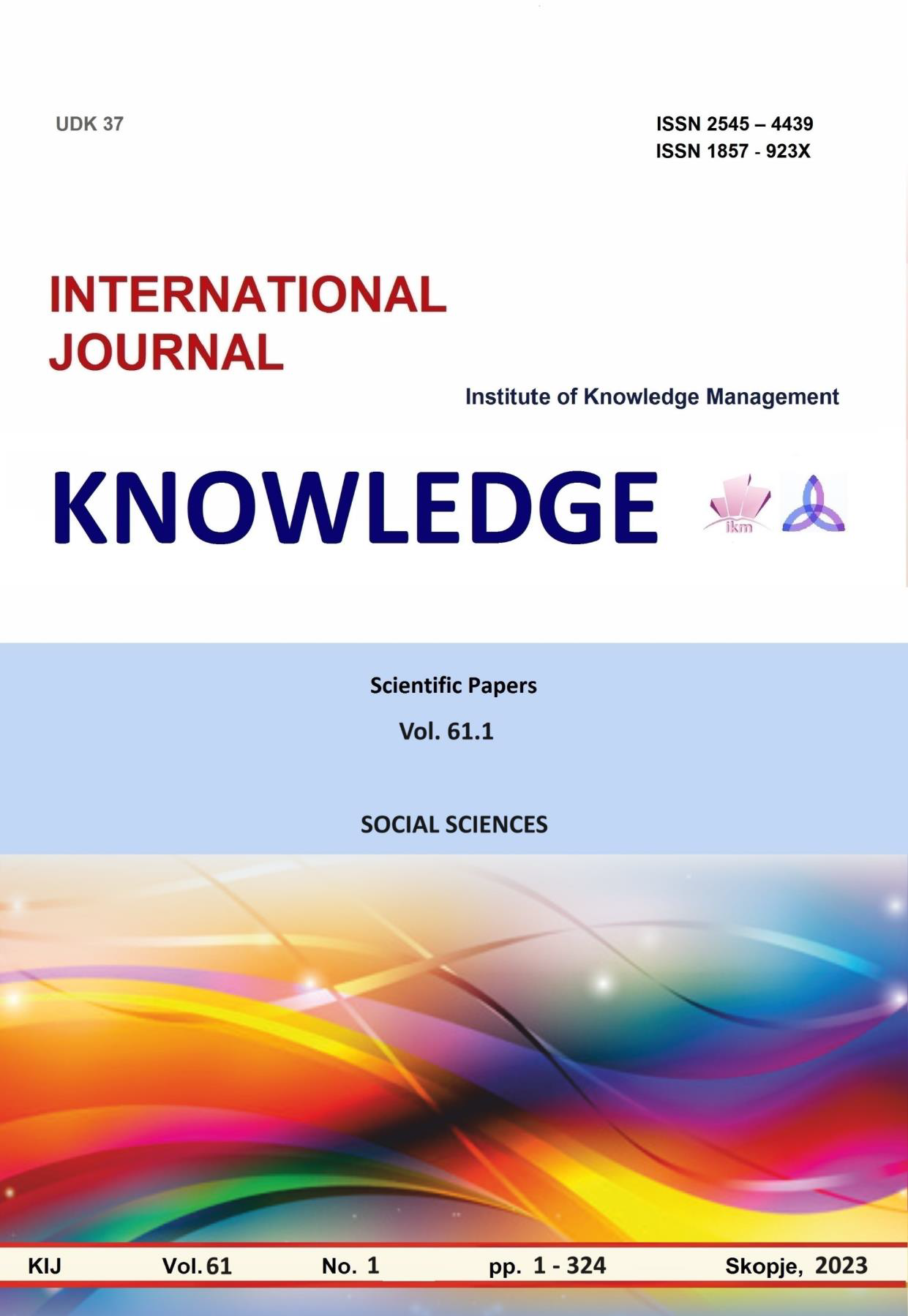PRIMENA KONCEPTA FER VREDNOSTI U FINANSIJSKOM RAČUNOVODSTVU I IZVEŠTAVANJU U USLOVIMA KRIZE
Author(s): Tiana Anđelković,Milica Stanković,Gordana Mrdak / Language(s): Serbian
/ Issue: 1/2023
Keywords: fair value;historical cost;accounting;reporting;standards;the 4th directive of European Union
The goal of financial reporting is to inform owners, managers, employees, the state, and all other interested parties about the financial condition and success of the company. In order to make the right decisions, people need to have adequate and timely information. Today, in conditions of uncertainty, crisis, globalization, deregulation, the need for accurate information is still pronounced. As the trend of cyclical movements is constant, the question of the credibility of economic variants, both at the macro and micro level, is increasingly being asked. For these purposes, the concept of fair value was developed, which looks at the balance sheet positions according to their market value, thus preventing further deepening of the crisis because it creates a psychological feeling that "not everything is so black". Through this work, readers can become familiar with the advantages and disadvantages of this concept, but also notice one huge disadvantage related to opposition to the fourth directive of the European Union, which is the need for responsibility (conservatism), which is reflected in the fact that assets are recorded at a lower value and liabilities at a higher value. The concept of fair value in accounting and financial reporting is not new as it was first encountered in Adam Smith's capital work - An Inquiry into the Nature and Causes of the Wealth of Nations. However, that concept was intensively developed only after the nineties of the twentieth century and is still not fully developed. Its sudden application is related to the period after the World Economic Crisis, which was actual 15 years ago - 2008/2009. year, when the International Financial Reporting Standard no. 13 [MFSI] and the Statement of Financial Accounting Standards (SFAS] 115). After the introduction of these standards, the concept of fair values is gradually being introduced into accounting and into the sphere of financial reporting, but a mode has not yet been found to include all balance positions. It is mainly used for property and financial instruments - securities to express their value at the market price, all with the aim of using real values instead of the purchase price or the cost price which is normally used according to the concept of historical cost. Given that it mainly refers to balance sheet positions, when creating the final account, according to the concept of fair value, the balance sheet is more important than the income statement. What needs to be emphasized is that this concept is not mandatory, but if the company decides for this concept of calculation and reporting, they must be followed in every situation. Given the stated goal of this work, the readers are first introduced to the term and concept of fair value, which will be dealt with in the first part of this work. The second part of the paper is devoted to the application of the concept of fair value in conditions of cyclical movements - crisis, while the third part of the paper is devoted to the advantages and disadvantages of the concept of fair value and its opposition to the concept of conservatism.
More...
